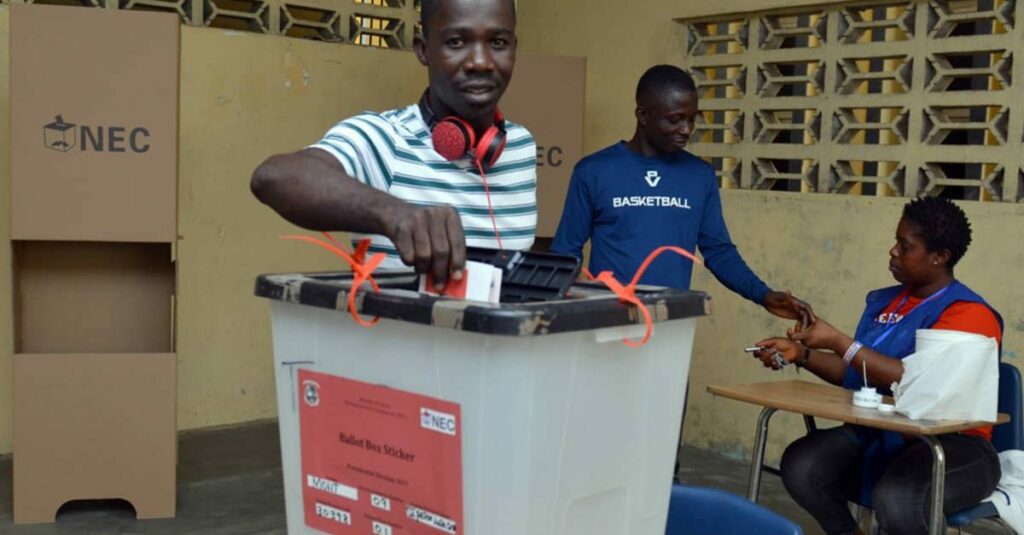This is an election year in Africa. The populations of nine countries on the continent will be voting to renew or maintain their leaders. The presidential elections will be held in Senegal in February, Togo in March, South Africa in May, Mauritania in June and Rwanda in July. October will be the closest month, with elections in Mozambique, Botswana, Ethiopia and Tunisia. Well after that, in December, it will be the turn of the Ghanaians and Algerians to elect their presidents.
But it was the Comoros that got the ball rolling yesterday, Sunday 14 January, polling day for 340,000 voters. Among the issues at stake in these civic exercises for Africa are major economic questions such as purchasing power in the face of soaring prices and cross-border security at a time when rebel groups are on the rise. There are also, and above all, the major issues of climate change, because these nine countries are on the front line of its consequences.
In the running for his own re-election, Comorian President Azali Assoumani, who is also head of the African Union (AU), recently promised his counterparts to encourage “the mobilisation of private sector financing for climate change and green growth on the continent, because we all know that this battle requires significant capital”. An economic diplomacy that he intends to put to good use in his archipelago, where 45% of the population lives below the poverty line, according to the World Bank. “I’m in a good position to say so, living in an island country whose development is exposed to disastrous phenomena (notably Cyclone Kenneth, editor’s note)”, he concluded at the Annual Meetings of the pan-African institution held in Egypt in spring 2023.
An electoral programme to build Senegalese resilience
While it is true that there are no real “ecologist” parties on the African continent as there are in Europe, this does not necessarily mean that the candidates representing the traditional political classes are unaware of the issues surrounding air pollution, natural disasters or even deforestation. In Senegal, a West African country doubly affected by drought and coastal erosion, former Prime Minister Idrissa Seck is proposing a new vision that takes account of the ecological transition.
The man who chaired Senegal’s Economic, Social and Environmental Council from 2020 to 2023 is waiting for his candidacy to be validated by the Constitutional Council before launching a campaign focused on economic and climate resilience. For example, he plans to “introduce a green and blue tax system for the sustainable management of natural resources and the effective application of the polluter-pays principle”, if he becomes the successor to outgoing President Macky Sall.
Rwanda’s climate strategy goes to the polls
5,200 kilometres from the land of Teranga, people will also be voting in Rwanda this July. This election is the talk of the world, as current President Paul Kagame, who has been in power since 2000, is seeking a fourth term. The East African country has managed to propel itself as the best African student of the Paris Agreement at the United Nations Framework Convention on Climate Change (UNFCCC), whose headquarters are in Bonn, Germany.
Read also- NAIROBI CLIMATE DECLARATION: united, Africa expects concrete action at COP28
The challenges facing the winner of Rwanda’s single-member constituency election include reducing greenhouse gas (GHG) emissions in the country of a thousand hills by 38% by 2030, and combating flooding. At least 130 people, particularly in Kigali, died as a result of flooding in May 2023. This meteorological phenomenon destroys plantations and drinking water installations, accelerating food insecurity and water shortages.
Benoit-Ivan Wansi
Source link : https://www.afrik21.africa/en/presidential-elections-in-9-african-countries-in-2024-what-role-for-the-climate/amp/
Author :
Publish date : 2024-01-15 08:00:00
Copyright for syndicated content belongs to the linked Source.
